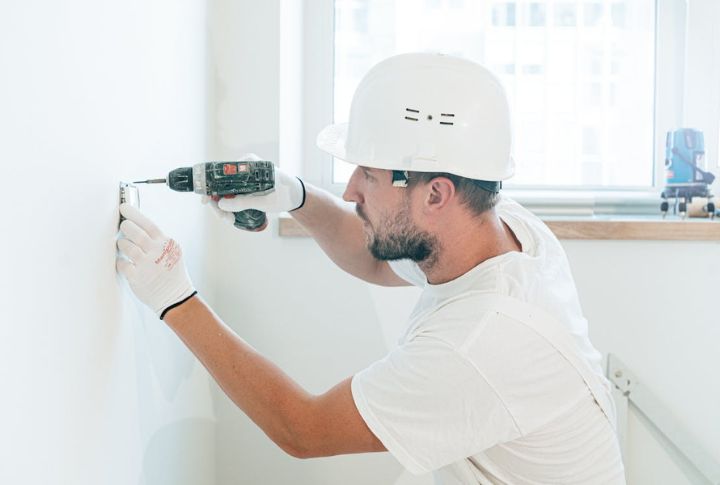
Retirement often appears calm and steady—like the hard part is finally behind you. But beneath the surface, small challenges can quietly build up. An overlooked bill here, an unexpected cost there, and that sense of stability can slowly begin to slip. What once felt secure starts to feel uncertain. In this piece, we’ll explore the subtle but real pressures that can quietly erode your peace of mind in retirement—and what to watch out for before they pile up.
You Have No Emergency Fund For Unexpected Costs

Imagine entering retirement without an emergency fund—a sudden medical bill or a family crisis hits, and you are left dipping into long-term savings or leaning on credit cards just to manage. Sure, it can be nerve-racking—but it doesn’t have to be. A solid emergency fund acts as your safety net, which keeps those unexpected twists from throwing your retirement off track.
You Consistently Spend More Than You Earn In Retirement

The shift from earning to drawing down savings changes more than finances; it reshapes perspective. Many retirees, unknowingly, start to treat their savings as an endless supply rather than a finite reserve. As discipline yields to immediate wants, money begins to slip away quietly—until what remains is no longer security, though a lingering sense of financial unease.
You Enter Retirement Carrying High-Interest Debt

Debt doesn’t shout—it whispers, then lingers. For retirees without savings set aside, credit cards can quickly become a tempting way to manage unplanned expenses. Yet those small balances come with interest, which steadily amplifies, quietly draining years of savings. Before long, what began as a bridge for convenience turns into a trap that replaces comfort with constant financial strain.
You Rely Entirely On Social Security Benefits

Here’s an important reality check: Social Security replaces only about 40% of pre-retirement funds; still, most retirees mistakenly rely on it as their sole source of support. Those monthly checks were never meant to carry the full load—they are reliable partners rather than solo heroes. If one does not have additional earnings streams, retirees risk walking a financial tightrope when unexpected expenses arise.
You Avoid Talking About Money With Your Partner

Money talk isn’t always romantic; however, skipping it can be costly. When couples stay quiet about finances, assumptions fill the silence—and not in a good way. Retirement, after all, is a joint project. The more you talk about how you’ll spend and save together, the smoother it runs. Without a shared vision, even strong savings can buckle under quiet misunderstanding.
You Delay Downsizing Until It’s Too Late

Nostalgia has a price tag. Many retirees hold on to spacious homes long after the need for extra rooms fades, only to find themselves maintaining more space than they use. The bills keep growing even as the household shrinks. Downsizing sooner can turn those sentimental square feet into savings and freedom—simplifying life before expenses start calling the shots.
You Keep Supporting Adult Children Financially Without Limits

The paradox of parental sacrifice takes a troubling turn in retirement, as unlimited financial support meant to provide security for adult children ultimately threatens both generations’ stability. While emotional ties make it difficult for retirees to decline family requests, this well-intentioned assistance becomes the very force that rapidly depletes retirement savings and creates a long-term vulnerability.
You Ignore Rising Healthcare And Long-Term Care Costs

Your hard-earned retirement savings face a growing challenge from rising healthcare and long-term care costs. Medicare and traditional insurance provide a safety net, but it’s not complete, and those uncovered areas can quickly add up to big bills. If you ignore thoughtful planning, these medical costs can quickly drain funds meant for everyday living, slowly eroding long-term financial security.
You Haven’t Accounted For Inflation In Your Retirement Spending

The slow erosion of purchasing power through inflation poses one of the most serious threats to retirement security. Many retirees underestimate risk, especially when a fixed income creates an illusion of stability. The real danger lies in inflation’s gradual nature—small, yearly price increases that compound over time, steadily chipping away at financial comfort and long-term security.
You Underestimate Taxes & Maintenance Costs

Most retirees assume their housing costs will stay predictable, comfortably fitting within their earnings. The reality, however, is quite different; the rising property taxes with unexpected maintenance and unpredictable insurance can quickly turn housing costs into a constant challenge. This surge in expenses often forces seniors to tap into savings meant for other essential retirement goals.
